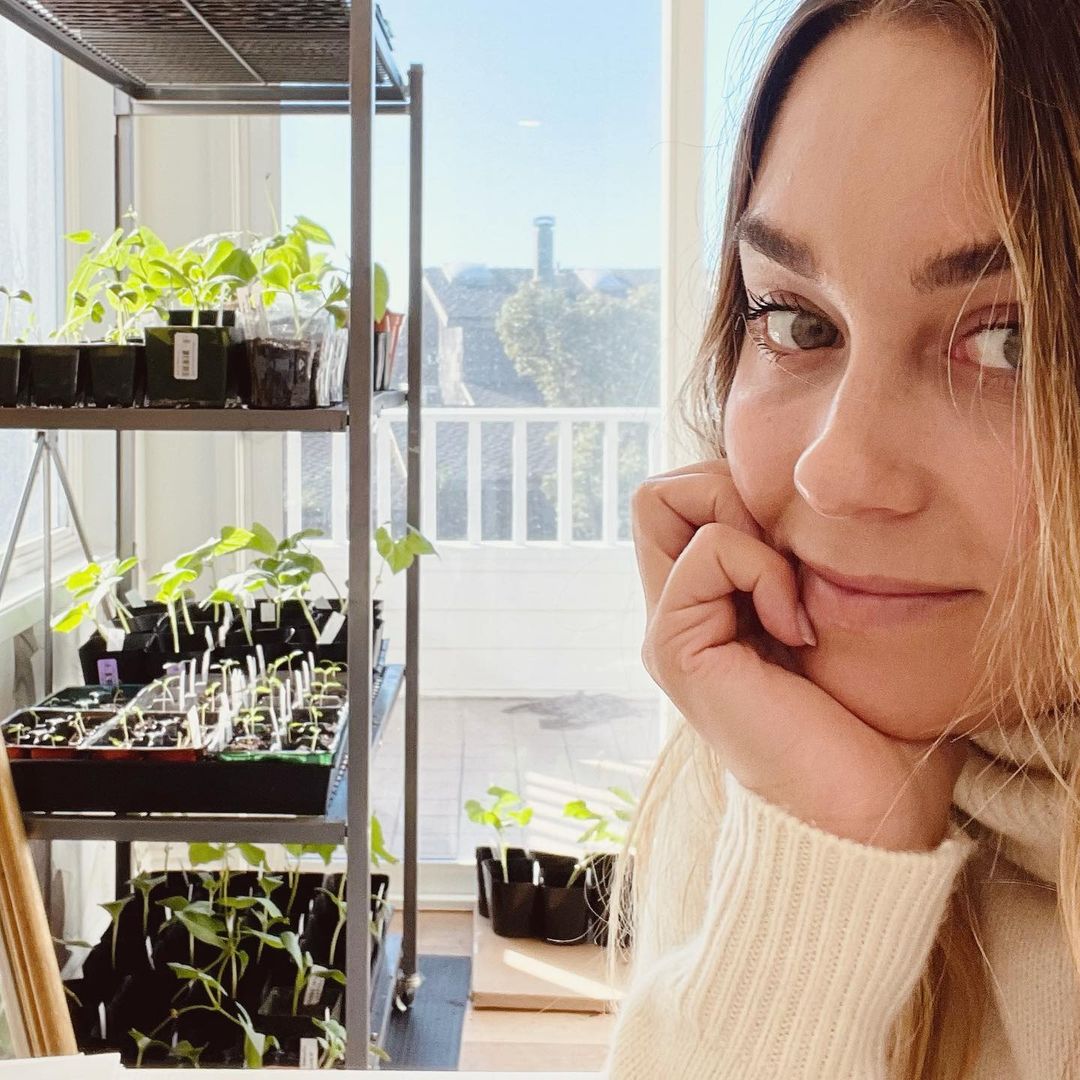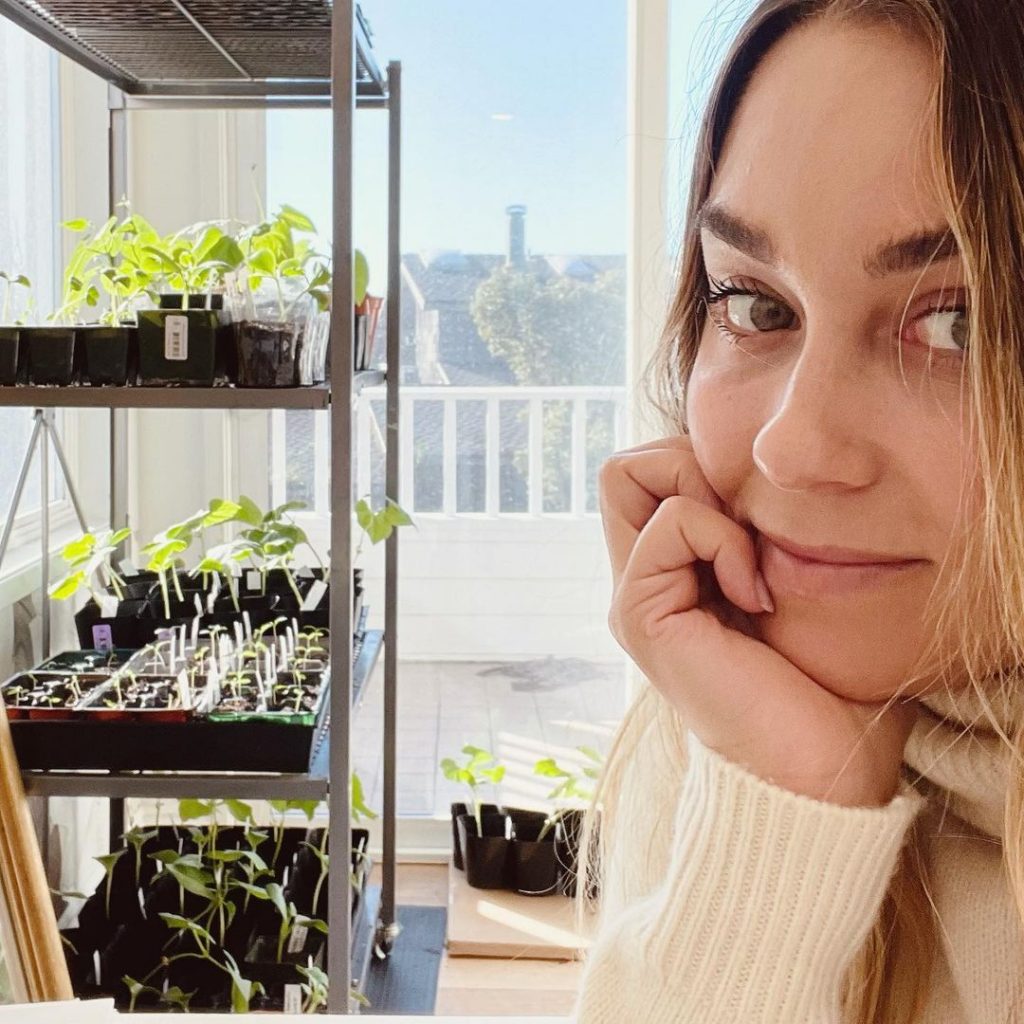What to Plant in Your Garden to Repel Pesky Bugs


For those of you who love to garden (like Lauren!), you know that dealing with creepy crawlies comes with the territory. After all, bugs are a part of the natural ecosystem of a garden, and some bugs even benefit your soil and help your plants grow. But did you know that there are also natural, eco-friendly ways to repel certain pests, sans pesticides? In fact, depending on what you plant, you could even rid your yard of mosquitos, ants, or other insect problems.
Citronella
You probably know citronella to be a popular ingredient in mosquito repelling candles and sprays. But did you know you can plant it in your garden for added protection? Citronella is a member of the lemongrass family that can grow tall and wide—just be aware that it requires a fair amount of water and filtered sunlight.
Lavender
There are so many reasons to love lavender. Aside from the beautiful fragrance, it attracts helpful pollinators like bees and butterflies. But did you know that mosquitos, fleas, flies, and moths on the other hand don’t like lavender?
Marigolds
Marigolds are another popular flower that can help keep pesty bugs at bay. Even better, they don’t take up much space and look lovely in your garden.
Basil
Pesto and bug repellant from one plant? Yes, please. Get this: basil leaves have compounds that can actually kill mosquito larvae and repels flies and moths. Crush some on your skin to keep bugs away as you garden. Plus, it’s easy to grow in filtered or indirect sunlight.
Rosemary
Rosemary is easy to grow and will thrive in your garden. You can use it for cooking Italian and other cuisine and the oils in rosemary have been shown to be an effective mosquito repellant.
Mint
Not only can you use it to cook or steep a delicious tea but having mint around can help to control pest populations including mites and mosquitos. It grows best in a pot, so consider it perfect for your container garden.
Are you going to try these gardening pest control tips?
XO Team LC
Photos: @laurenconrad via Instagram
Sources: Eating Well, TreeHugger, Farmer’s Almanac, Real Simple
Affiliate links may have been used in this post.
